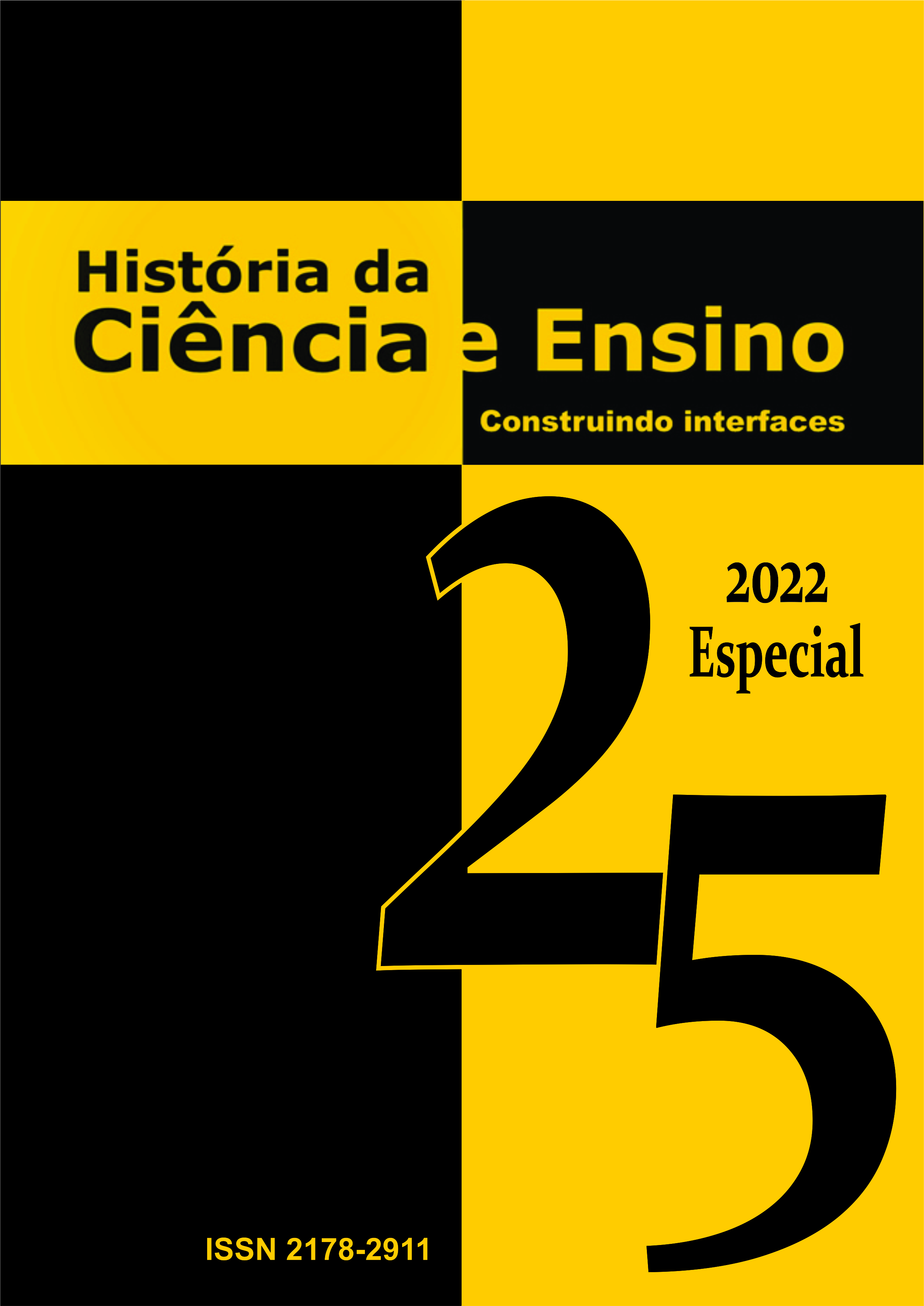History of science, STEAM education and scientific literacy: possible intersections
DOI:
https://doi.org/10.23925/2178-2911.2022v25espp196-208Abstract
This work is part of a doctoral thesis in education in development, aiming to investigate how activities involving the history of science and STEAM approaches contribute to the acquisition of a better scientific literacy (scientific literacy). Through a systematized literature review, we intend to analyze papers published from 2010 onwards (in SciELO and SCOPUS platforms) that relate the history of science and/or STEAM education to the improvement of students' scientific literacy in search of answers to the following questions: (i) What is the meaning of scientific literacy and what is its importance for 21st century societies? (ii) What are the concepts involved, the characteristics and the contributions of activities using (a) the history of science and; (b) STEAM education to the improvement of young people's scientific literacy. The results suggest that STEAM education can be a methodology that responds to the general yearning for a multidisciplinary education applied through projects, and the history of science has the potential to be the conductor of this methodology, presenting an initial contextualization, motivating students who do not have affinity with STEAM areas and/or contributing to the understanding of aspects related to the nature of science, the development of critical thinking and other skills and competences related to scientific literacy.


